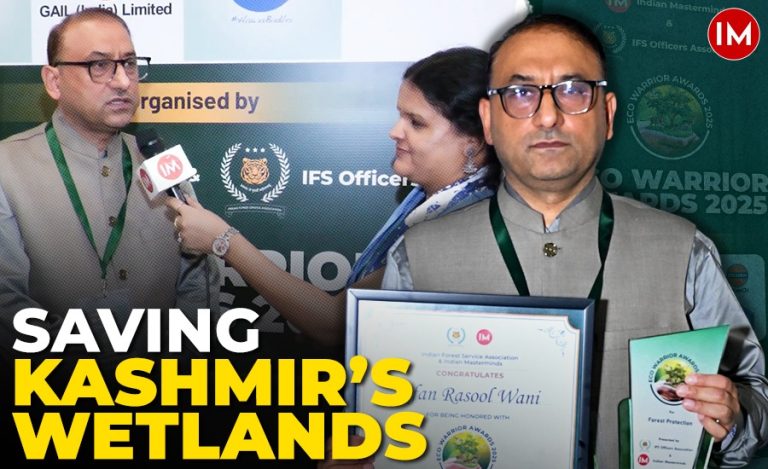India, with 19.32% of its land designated as forests, faces challenges related to deforestation, wildlife conservation, and sustainable resource management. The nation’s forest policy, initially crafted in 1894 and subsequently revised in 1952 and 1988, underscores the evolving strategies to preserve the country’s natural heritage.
The Indian Forest Service (IFS), an integral part of India’s environmental conservation efforts, faces multifaceted challenges in its mission to protect the nation’s invaluable forests. These officers, selected through rigorous examinations conducted by the UPSC, undergo extensive training at institutions like the Indira Gandhi National Forest Academy, equipping them with the necessary skills and knowledge. However, their challenges start right from the moment they step into their roles.
One of the fundamental dilemmas faced by IFS officers is balancing social development with ecological protection. When proposed projects could bring prosperity but at the cost of forest lands, officers often find themselves torn between external pressures and their duty to protect fragile ecosystems. Establishing a judicious balance between development and conservation becomes a monumental challenge, testing the officer’s integrity and commitment to nature.
People living in and around forests often depend on these lands for their livelihoods. While sustainable practices are essential, immediate needs sometimes overshadow the concept of sustainability. IFS officers must tackle the “Tragedy of Commons,” preventing unsolicited exploitation of forest resources. Striking a balance between local needs and conservation efforts is a delicate task, requiring diplomacy and tact.
Navigating a complex legal framework adds another layer of complexity. Forests being a subject in the concurrent list means IFS officers have to adhere to both state and central laws. Conflicting interests between state and central regulations often create challenging situations, demanding officers to navigate intricate legal territories while upholding their duty.
The Forest Department often suffers from staff shortages, leading to overburdened officers. A single Forest Guard may have to oversee vast areas, making it nearly impossible to monitor activities effectively. The shortage of resources, combined with rugged terrains, hampers vigilance efforts. This scarcity also affects the morale of the staff, impacting their efficiency and motivation.
Despite stringent laws, forest offenses often do not receive adequate attention from the judiciary. Cases related to forest offenses are not pursued diligently, leading to acquittals and a lack of deterrence. This situation puts immense pressure on IFS officers, making it challenging to protect forest lands effectively.
Despite these challenges, the dedication and resilience of IFS officers have played a pivotal role in preserving India’s forests. Their ability to navigate complex legal landscapes, balance competing interests, and protect ecosystems under challenging circumstances showcases their commitment. Initiatives that focus on strengthening legal frameworks, enhancing staff resources, and raising awareness about the importance of conservation can significantly support these officers in their endeavors.
In the face of adversity, IFS officers continue to safeguard India’s natural heritage. Their unwavering commitment, coupled with support from policymakers, communities, and society at large, can bolster their efforts. By acknowledging their challenges and working collectively to address them, India can ensure that its forests remain a source of pride and sustenance for generations to come.


































